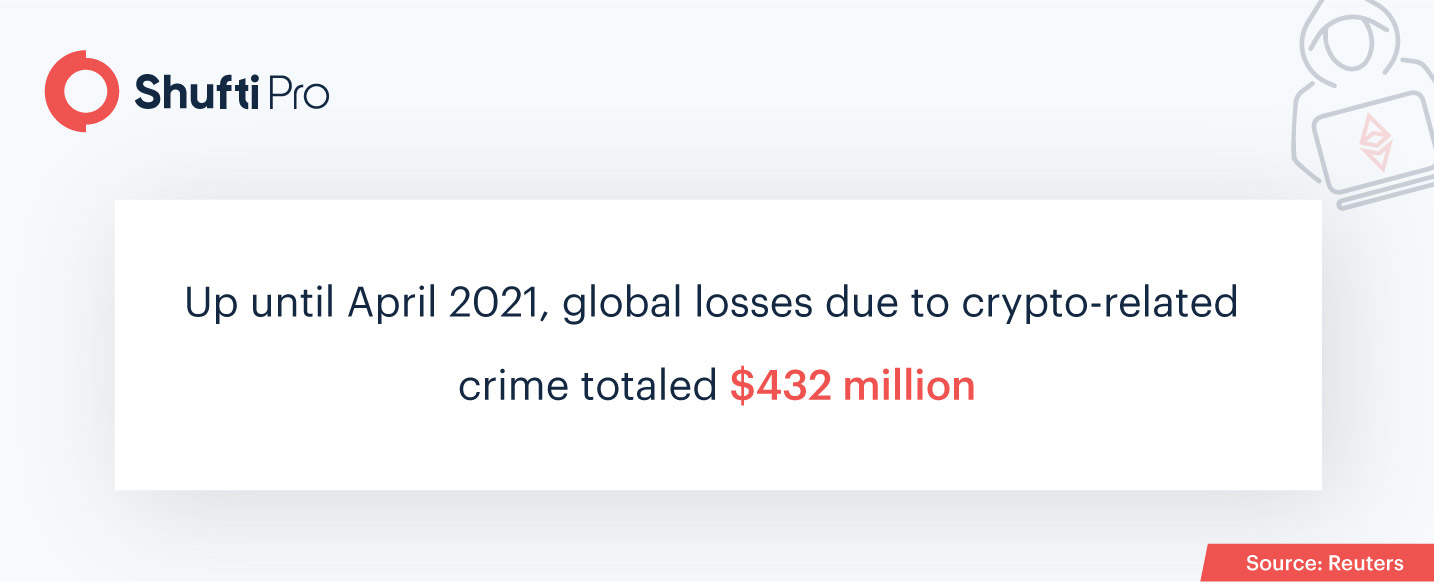New Regulatory Initiatives to Revamp the US Crypto Landscape

With digital currencies gaining prominence, the US financial landscape has seen major transformation over the past few months. This is effectively demonstrated by the current upshot in regulatory efforts to standardize cryptocurrencies. As the chairman of the Federal Deposit Insurance Corporation (FDIC) said in an interview on October 26, 2021, regulators are looking to provide ways for US banks to hold cryptocurrency.
In addition to that, the crypto industry has recently been in harmony with the US government, which hints at the imminent growth of digital currencies. Although the regulatory landscape is fuzzy without a decisive executive order, speculations indicate that regulations for cryptocurrency are inevitable. Coinbase, the biggest digital currency exchange in the US, has attempted to introduce regulations of its own by proposing a Digital Asset Policy for crypto.
How does the US Regulate Cryptocurrency?
US cryptocurrency exchanges are regulated by the Bank Secrecy Act (BSA) and are required to register with the Financial Crimes Enforcement Network (FinCEN). Apart from this, crypto exchanges are also required to comply with Anti-money laundering (AML) and counter-terrorism financing (CFT) regulations. Various regulatory bodies in the US have recently issued guidelines for crypto transactions and services.
The US needs a crypto framework that ensures a balance between market growth and the secure functioning of the government. Policymakers in the Biden administration are beginning to understand the need to implement necessary safeguards to combat the threats brought forth by illicit financial crimes involving cryptocurrency.

The Role of Major US Authorities
With the US Securities and Exchange Commission (SEC) being one of the authorities that will play a fundamental role in crypto regulation and provision of guidelines, other authorities have also stepped in to make efforts of their own. While some states have introduced their laws, regulators at the federal level have started to mark out territories for digital currency regulation. In a similar pattern to the majority of US financial regulations, there are variations and overlaps between jurisdictions. Other federal regulatory bodies including the US Treasury’s Financial Crimes Enforcement Network (FinCEN), the Commodity Futures Trading Commission (CFTC), and the Office of Foreign Assets Control (OFAC) are advancing to establish crypto regulations in their authorities.
Securities and Exchange Commission (SEC)
Up until June, the SEC did not highlight crypto regulations in its annual regulatory agenda. However, several enforcement actions have now been initiated along with requests of authority and resources from Congress. Presently, the SEC aims to fill in the regulatory gaps along with the Biden administration and other authorities.
Commodity Futures Trading Commission (CFTC)
The CFTC has clearly indicated its stance on digital assets in December 2018 when it approved bitcoin futures trading. The CFTC has also mentioned that the trading of bitcoin futures contracts must be through regulated exchanges only. In August, a crypto exchange named BitMEX was fined $100 million by the CFTC and FinCEN for illegal crypto trading and AML compliance (anti-money laundering) violations. These kinds of crypto trading platforms are accessed by money launderers to invest their illegally obtained funds in digital assets, leaving no traces behind.
Office of Foreign Assets Control (OFAC)
An updated advisory was issued by the Department of Treasury of the OFAC in September, regarding the potential sanctions risks for facilitating ransomware payments through digital currencies. That same day, the first crypto sanctions from the OFAC labeled SUEX OTC, S.R.O as a malicious entity involved in cybercrime. According to OFAC, over 40% of SUEX’s transactions involved illicit entities. As a result, any other financial institutions interacting with SUEX are also subject to OFAC’s sanctions.
Financial Crimes Enforcement Network (FinCEN)
The US Treasury’s Financial Crimes Enforcement Network also issued regulations that require banks and FinTech companies to report customers’ crypto transactions exceeding $10,000 in a period of 15 days. FinCEN aims to ensure compliance with AML regulations in crypto exchanges and transactions. Following this regulation, financial institutes are obliged to implement measures for identity verification of customers dealing in crypto. Crypto wallets that are not backed by a financial institution are the commonly used medium for illicit crimes as there are no transaction records. FinCEN’s regulation enforces AML compliance standards in virtual currency exchanges according to the Bank Secrecy Act (BSA).

Illicit Financing Through Crypto
Customers’ information like names, addresses, and times of transactions on unprotected crypto wallets are vulnerable to illicit activities. This indicates that cryptocurrency risks originate as a result of the anonymity they provide to the transacting parties. The US neither allows electronic transfer of large amounts of money, nor anonymous transactions, as banks and other financial institutions such as money exchanges are required to perform identity verification as well as enhanced due diligence of high-risk customers. Although these regulations have established guard rails for combating illicit crypto transfers, they do not hold back financial criminals as much as expected.
Furthermore, illicit financial activities through crypto are also made easier because blockchain ledgers do not require any authentication apart from a cryptographic key. However, it is possible to keep track of anonymous cryptocurrency flow through blockchain, which is why most of the crypto transactions are done legally. On the contrary, cryptocurrencies still interest cybercriminals, as indicated by the vast majority of ransomware attacks ask for payments in bitcoin. Recently, hackers demanded a ransom of over $4 million after breaching a major US oil pipeline. In addition to cybercriminals, money launderers, tax evaders and terrorists negatively utilize the decentralized nature of cryptocurrencies.
US banking laws have enabled financial institutions like Coinbase to implement identity verification measures for cryptocurrency accounts. On the other hand, the government still doesn’t have enough authority to ask for the identification of crypto users that keep their digital currency on personal drives or unhosted e-wallets. Private firms are now looking for technological solutions to verify the identities of anonymous crypto users.
Key Takeaways
As things stand, cryptocurrency is certainly here to stay, and with governments now backing its regulation, major legal developments can be expected in the coming months. Additionally, it’s equally important to address the issues of anonymity in crypto transactions assisting criminals in financial crime.
Shufti’s identity verification services provide over 98% accuracy and allow crypto exchanges to comply with global AML regulations. This enables transparency in the crypto landscape and prevents business losses due to money laundering and other financial crimes.
Get in touch with our experts to learn more about KYC.

 Explore Now
Explore Now













